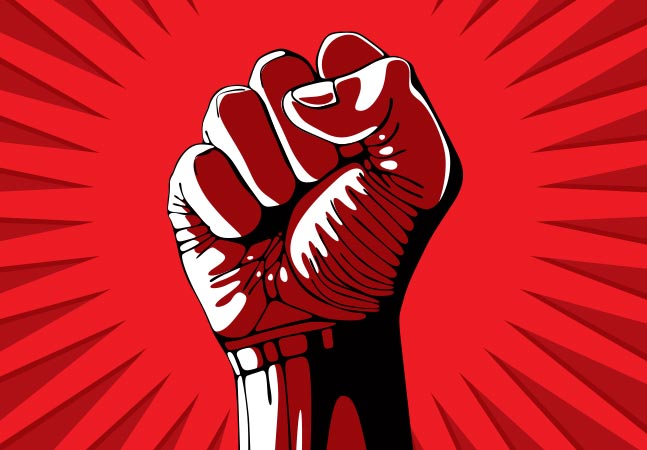
I’ve talked a lot about GloLo – the integration of local with global. This is where physical and digital come together, and has clearly been demonstrated during the pandemic. I’m local – locked in and not going anywhere – but I’m global – I’m video-calling every day to everywhere in the world.
In the context of cryptocurrencies, this is where people get to a new aspirational view. They are local – they live somewhere in a house – but their commerce can be global, enabled by cryptocurrencies that have no local controls – a global currency.
Wonderful. Utopia. Aspirational. Idealistic. Libertarian. Lovely.
Crap.
I don’t buy it.
I don’t buy into the utopian view that the network has made us all global, with no borders.
I don’t see it.
Some accuse me of being statist – a government supporter – when I say this; some say it’s because I’m old – but then they’re ageist.
The reality is that there’s always been government over society. There’s always been power and the powerful. There’s always been the elite and elitist. There’s always some form of oversight.
The idealists claim that today’s oversight is the power of the people over the network. The network has democratised the world. Everyone gets a star rating, a vote, a veto, a view. The world is global because the network is global.
Whoopy-doo.
Share that idea with Vladimir Putin, Xi JinPing and Kim Jong-Un.
I just don’t see governments, borders and nationalistic structures disappearing because we have a network. I think the network has changed things, don’t get me wrong, but the idea that you can have a democratised world that is global because it’s connected, with no local rules or governance … nah.
In many ways, I think the idealists view is based upon what technology can do; in reality, most people are not technologists and live within the norms of their societies.
For me, this is the same argument I have against bitcoin and cryptocurrencies. If a currency is backed by the network with no assets and no government, they don’t work. If a currency is backed by the People’s Republic of the Network? Hmmm … it depends whether you live in the People’s Republic of the Network and if the People’s Republic of Your Country allows the People’s Republic of the Network to operate without interference.
This is the core issue: physicality meeting digitality.
The fact is that you can live in the People’s Republic of the Network for as long as you want, but only if you live 100% digitally. As soon as you step out of your digital world and engage with the physical world, you will have rules and structures that mean all of your idealistic digital ideas fall apart. They won’t work; they don’t work; and they never will work.
In other words, you can live very happily in a global democratised world, but only if you are purely living in the People’s Republic of the Network.
Chris M Skinner
Chris Skinner is best known as an independent commentator on the financial markets through his blog, TheFinanser.com, as author of the bestselling book Digital Bank, and Chair of the European networking forum the Financial Services Club. He has been voted one of the most influential people in banking by The Financial Brand (as well as one of the best blogs), a FinTech Titan (Next Bank), one of the Fintech Leaders you need to follow (City AM, Deluxe and Jax Finance), as well as one of the Top 40 most influential people in financial technology by the Wall Street Journal's Financial News. To learn more click here...

